

Story Physics: Reaction Beats
Newton’s third law says every action will have an equal but opposite reaction. This is true in stories, too … or at least it should be. How do we get to know characters, even as they flit from one conflict-ridden chase scene to the next? Through reaction beats.
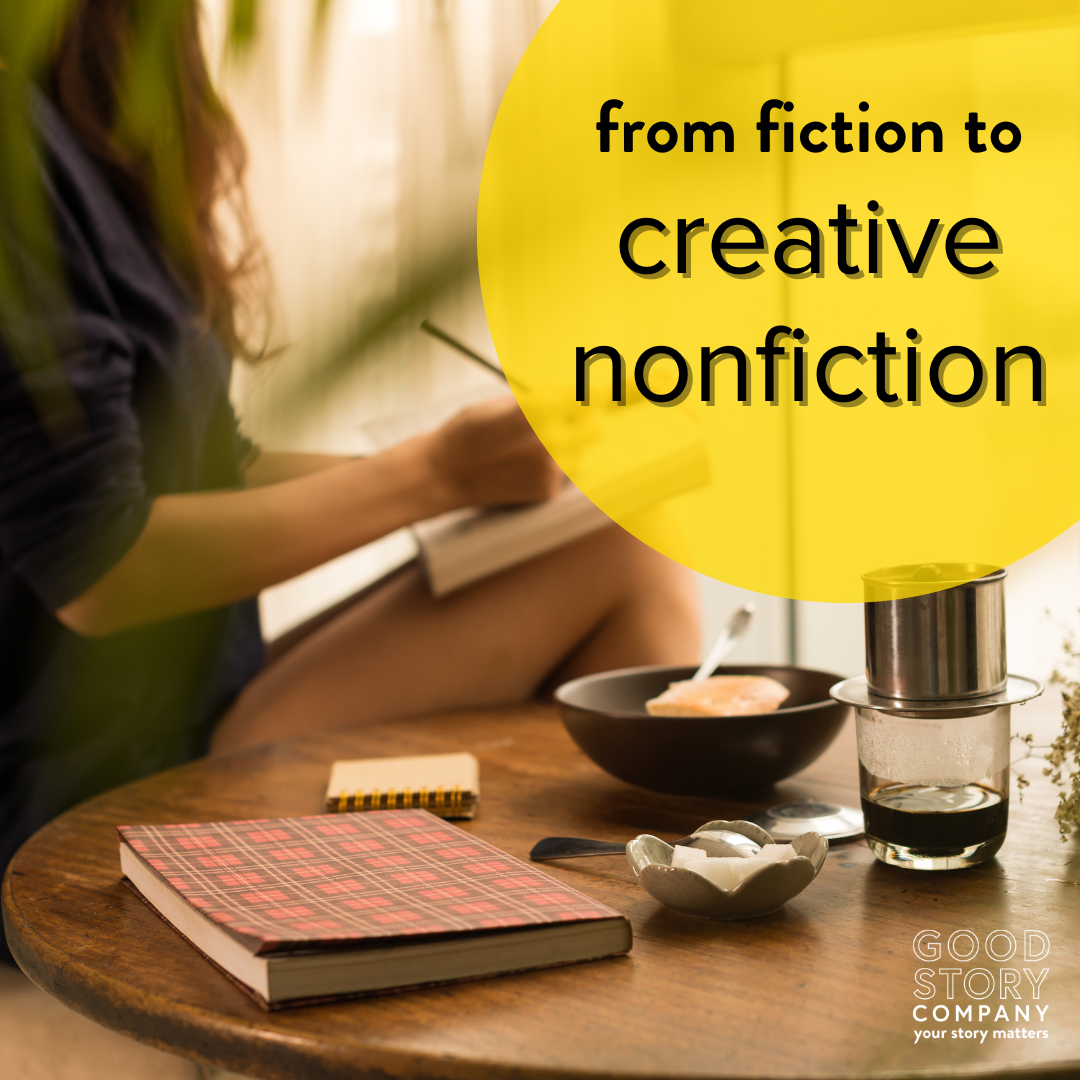
From Fiction to Creative Nonfiction
Everyone has a story to tell. But what if you’ve only ever written fiction? Maybe it’s time to try something new. Writing your life stories is a great way to expand your writer’s craft toolbox and will add creative nonfiction to your writing portfolio.
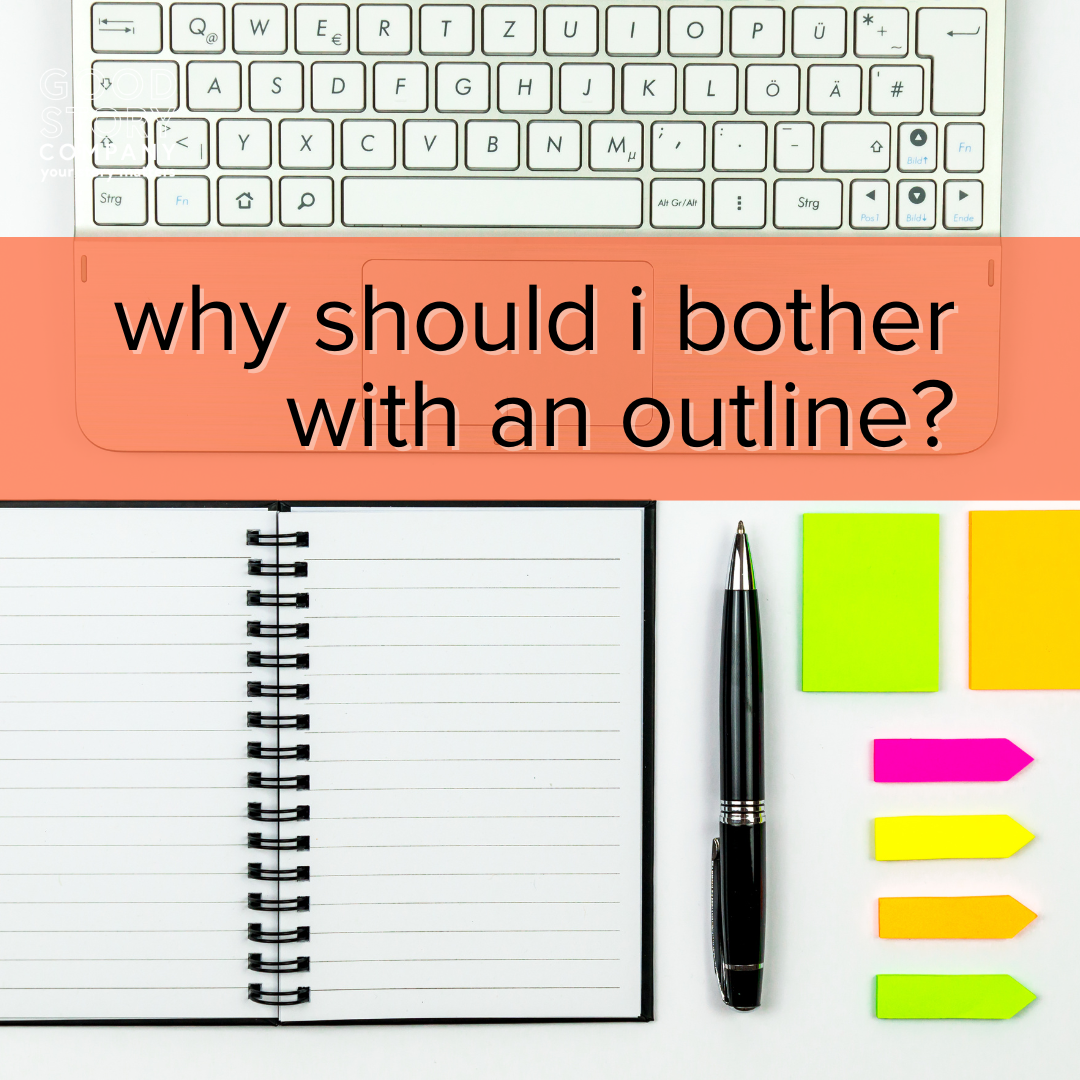
I’m Writing a Novel. Why Should I Bother with an Outline?
To outline or not? Writing projects start with a spark—a character, a scene, a what-if moment. But what happens from there?
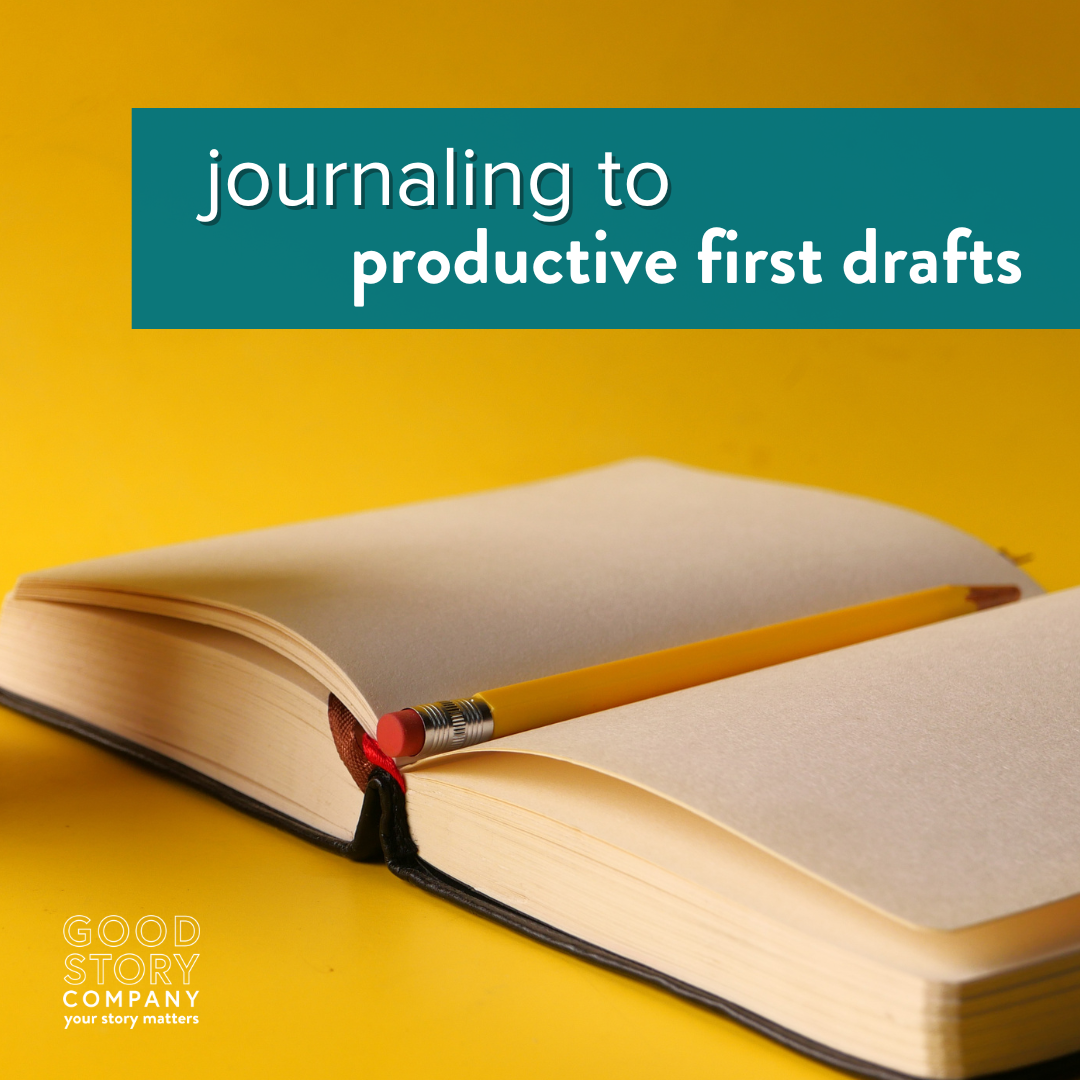
Journaling to Productive First Drafts
In a world where life constantly competes for our time, we don’t have the luxury of writing twelve to fifteen drafts of something before we can say it’s done. We need to work smarter, not longer. We need to write productive first drafts.
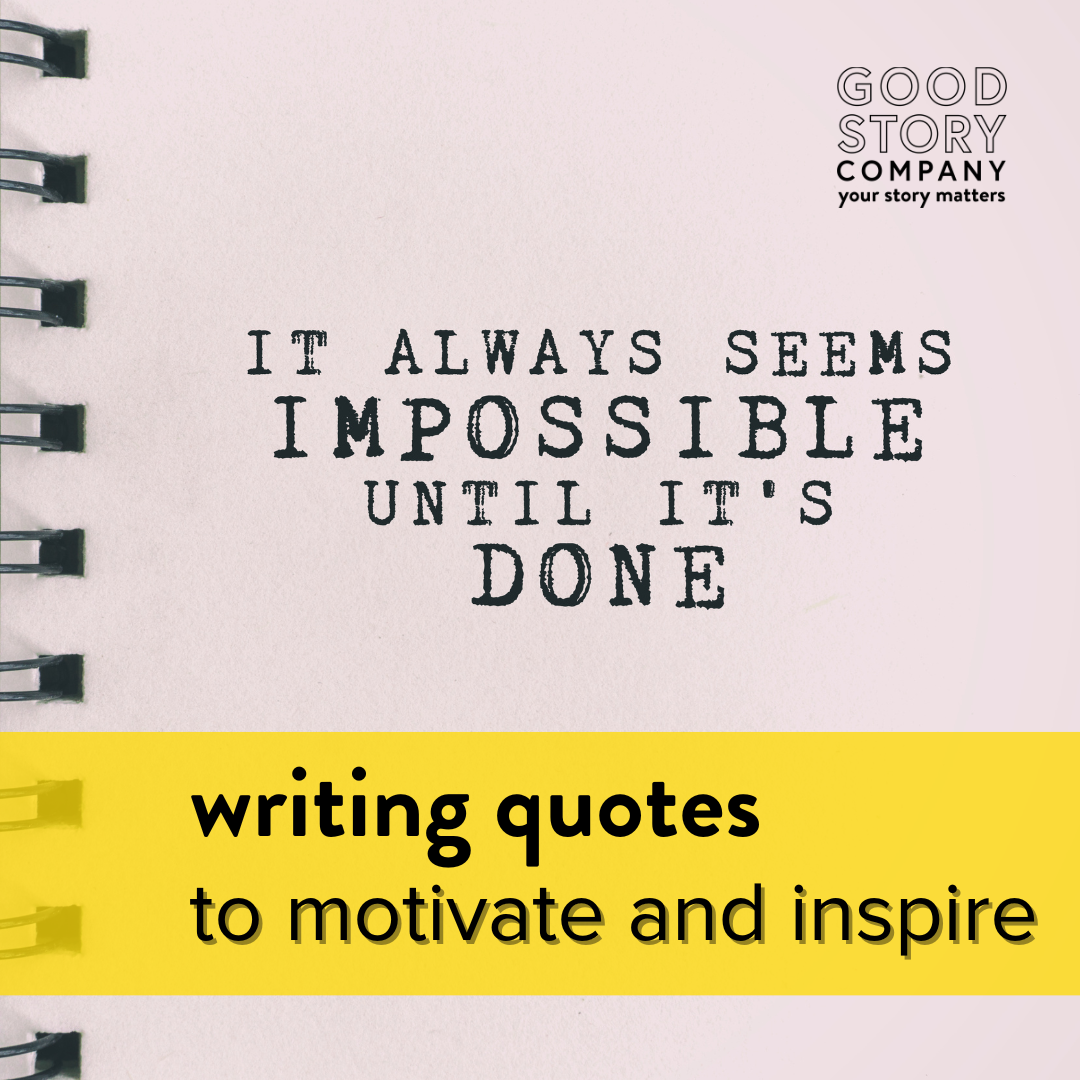
Writing Quotes To Motivate and Inspire
Pithy writing quotes can motivate and inspire with just a few words. We’ve put together some of our favorites to keep you motivated when the going gets tough.
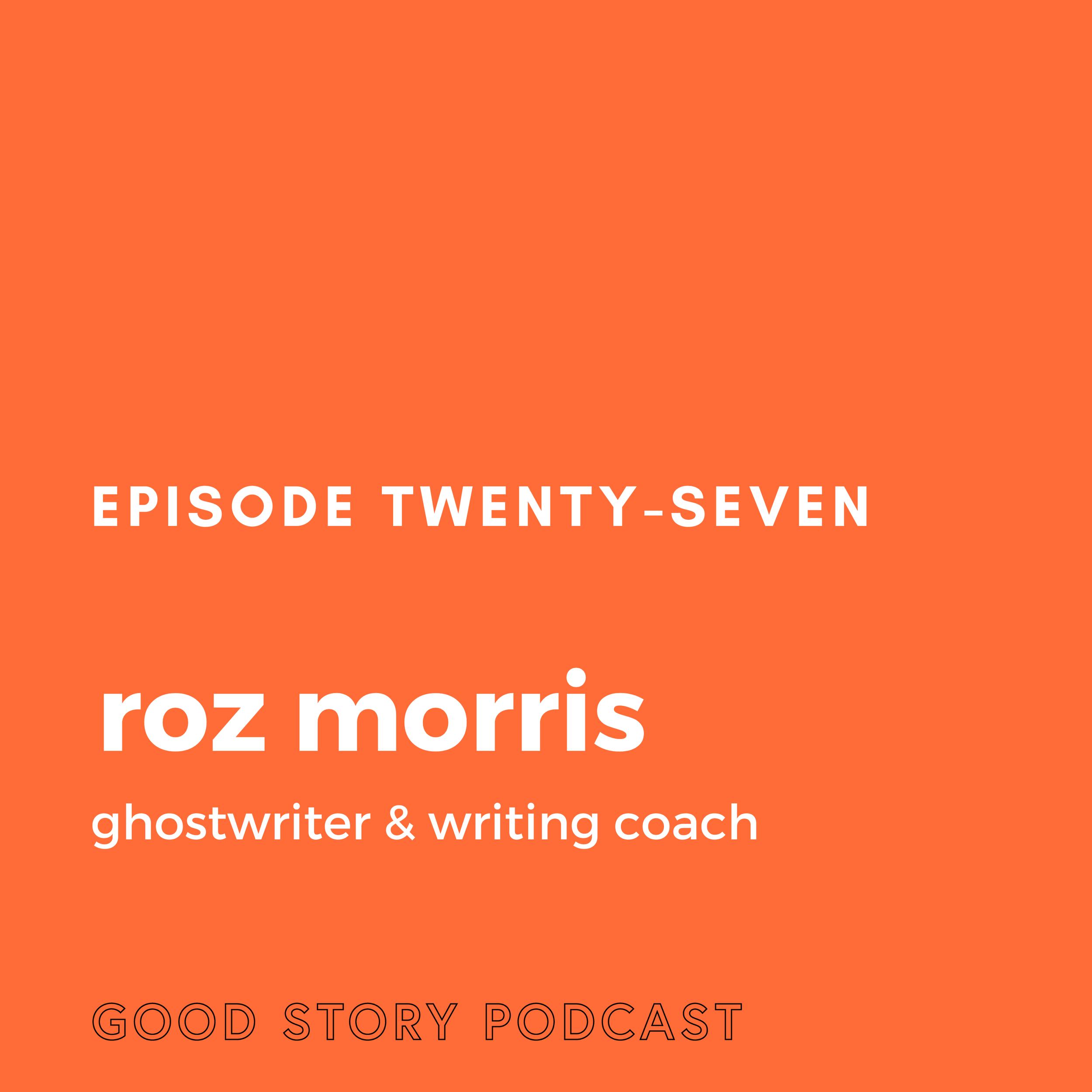
Episode 27: Roz Morris, Ghostwriter and Writing Coach
Roz Morris and Mary dive into the mechanics of storytelling and discuss how to connect with your audience—whether you're writing someone else's story or you're telling your own.
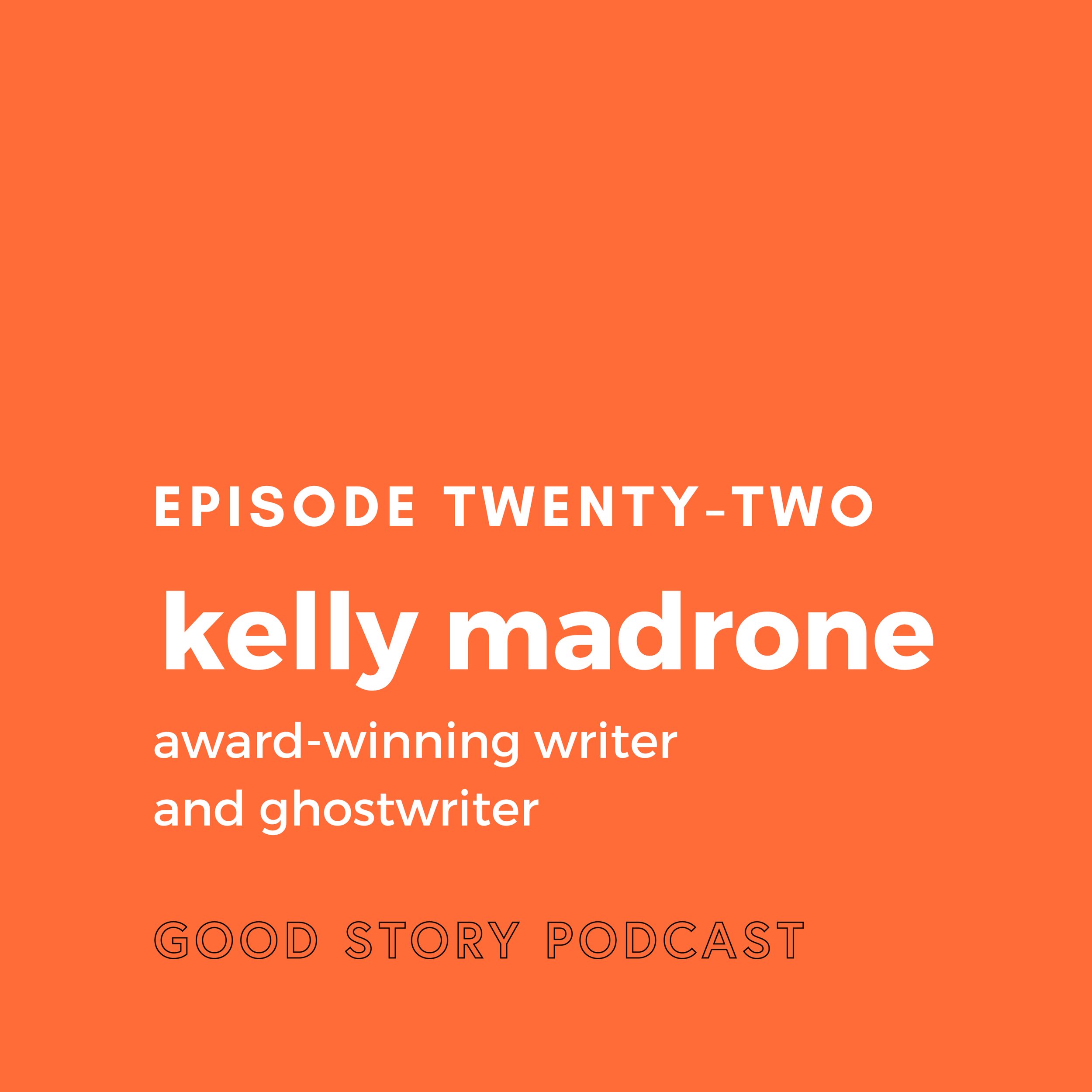
Episode 22: Kelly Madrone, Award-Winning Writer and Ghostwriter
Ghostwriter Kelly Madrone joins us to talk about writing as someone else, modulating a professional potty mouth, and creating a story arc in memoir.

Episode 7: Jessica Brody, Author and Writing Teacher
An interview with author and writing teacher Jessica Brody, where we discuss what makes a compelling story, how to apply story structure whether you're a plotter or pantser, and tackling large-scale revisions without ripping your hair out.

Episode 32: J.C. Geiger, YA Author & Mixtape Creator
Tune in for a chat with Mary Kole's long-time friend in the children's publishing space, YA Author J.C. Geiger. He tells all about how he made an epic mixtape with music no one's heard before (and met his heroes in the process), and talks about writing young adult characters, the future of post-pandemic fiction, and—of course—the power of music.
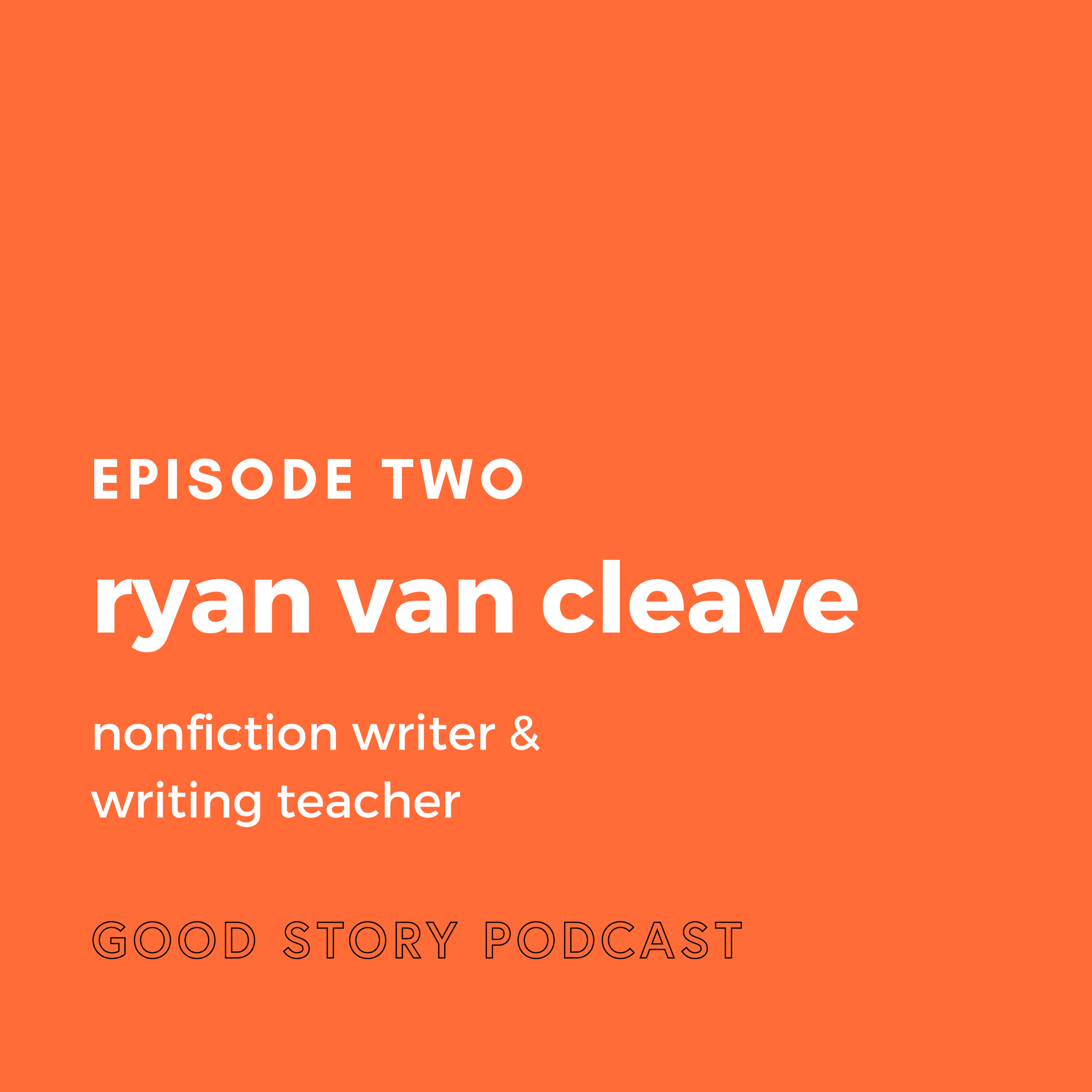
Episode 2: Ryan Van Cleave, Nonfiction Writer and Writing Teacher
A podcast all about nonfiction book proposals, nonfiction article pitching, and strategically growing your writing career, including a ton of tips for that ever-intimidating concept of marketing yourself and your writing.

Episode 1: Chris Baty, Founder of NaNoWriMo
An interview with NaNoWriMo founder and writing teacher Chris Baty, where we discuss plot, pantsing, not nipping good ideas in the bud, celebrating a hot pile of garbage, and the cult of busyness.

Writing An Authentic Memoir with Kelly Madrone
Award-winning writer and ghostwriter Kelly Madrone joins us to talk about writing as someone else, modulating a professional potty mouth, and how to create a nuanced story arc in memoir.

How Long is a Chapter?
How long is a chapter? This is a question I get all the time from writers. In this video, I'll ask you some leading questions that will allow you to figure out that ideal chapter count or chapter-length for yourself in your particular project.
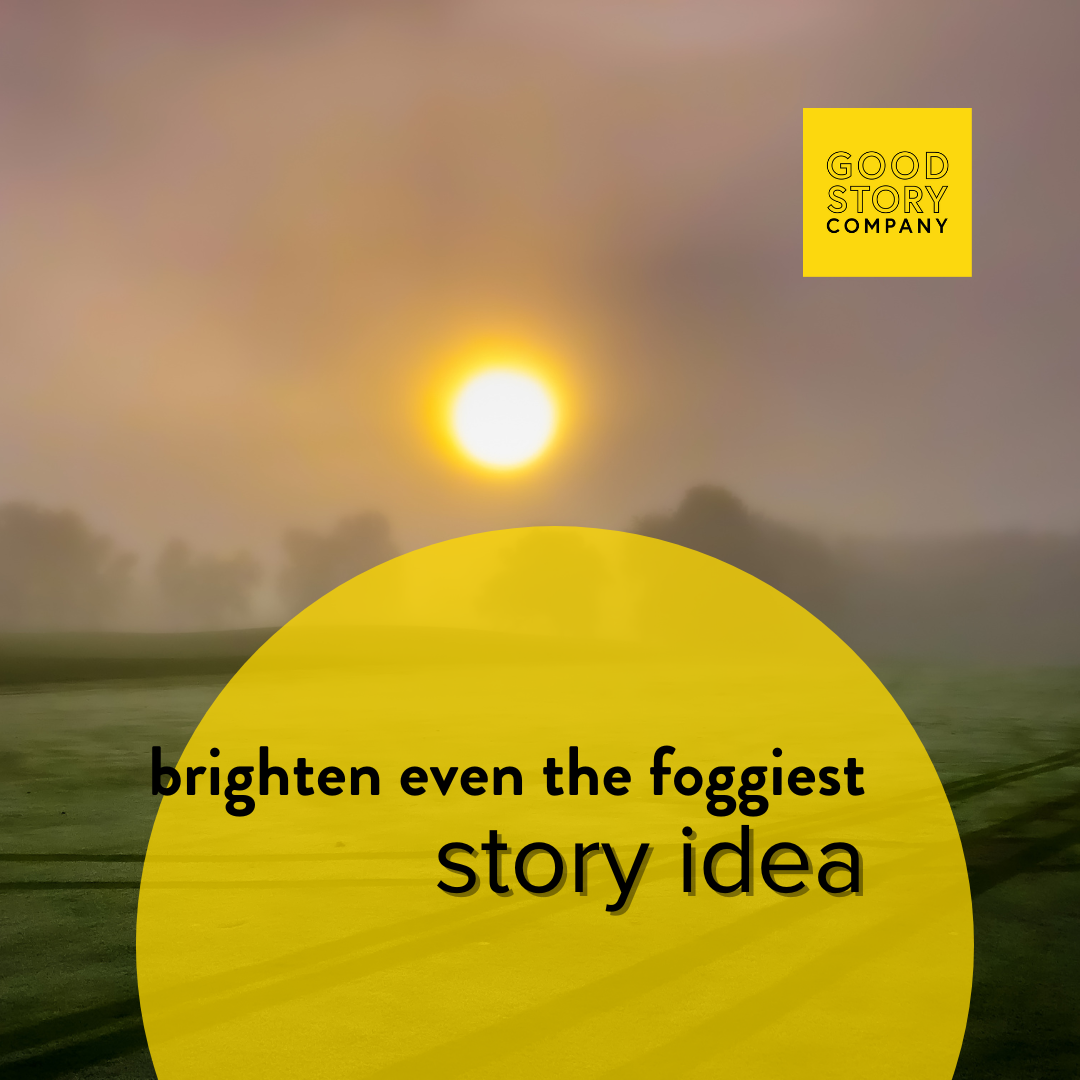
Brighten Even The Foggiest Story Idea
Story ideas don’t always come easily, but sometimes we get glimmers that turn into a list of foggy ideas. How do we decide which new idea to run with? And how do we take steps to make it shine?

Episode 6: Gail Carson Levine, Historical and Fantasy Author
Historical and fantasy author Gail Carson Levine interviews with Mary Kole. She shares thoughts on the writing process, world-building, and her latest book, A Ceiling Made of Eggshells.
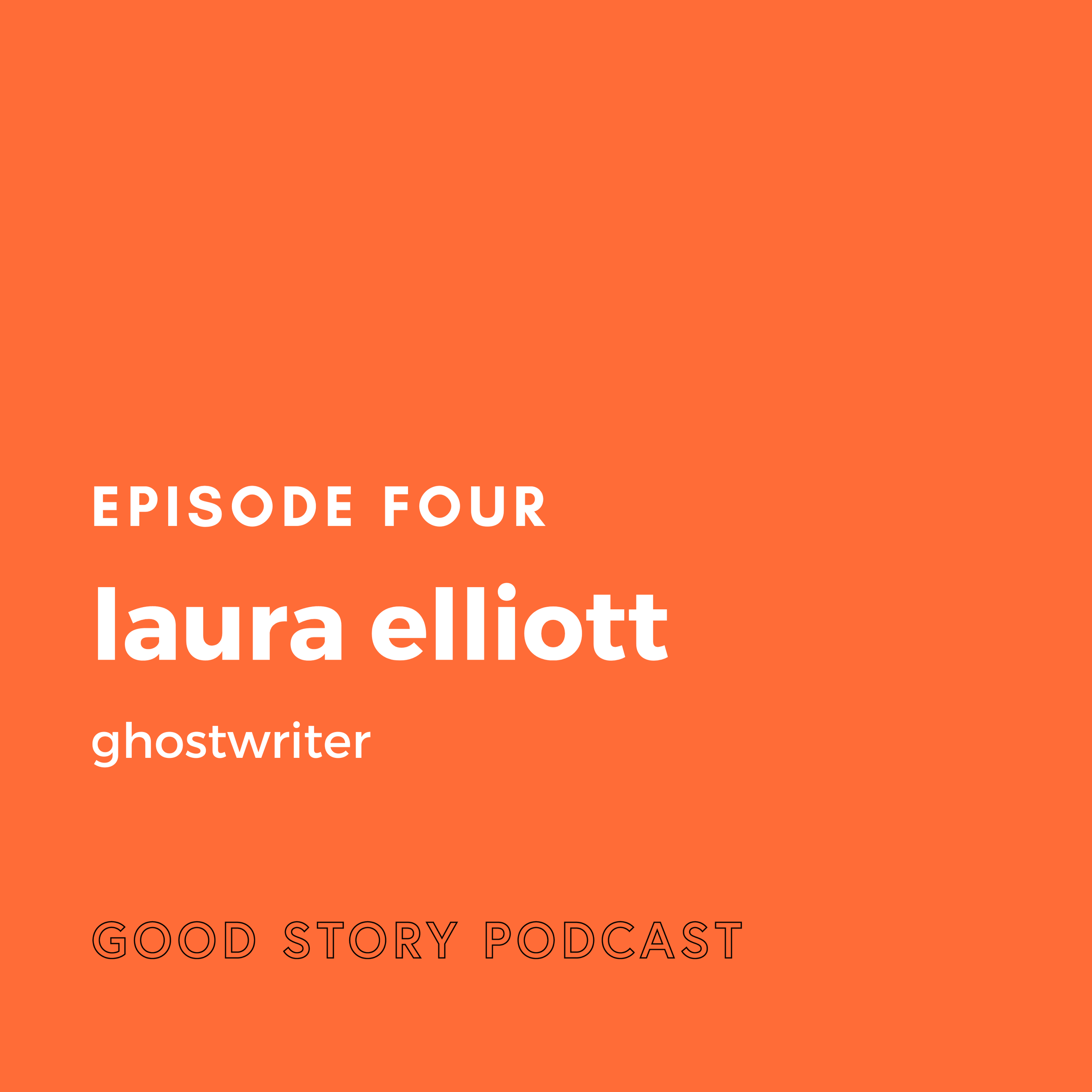
Episode 4: Laura Elliott, Ghostwriter
A podcast interview with ghostwriter Laura Elliott, all about deep research, finding inspiration from various sources, and telling stories … even other people’s.
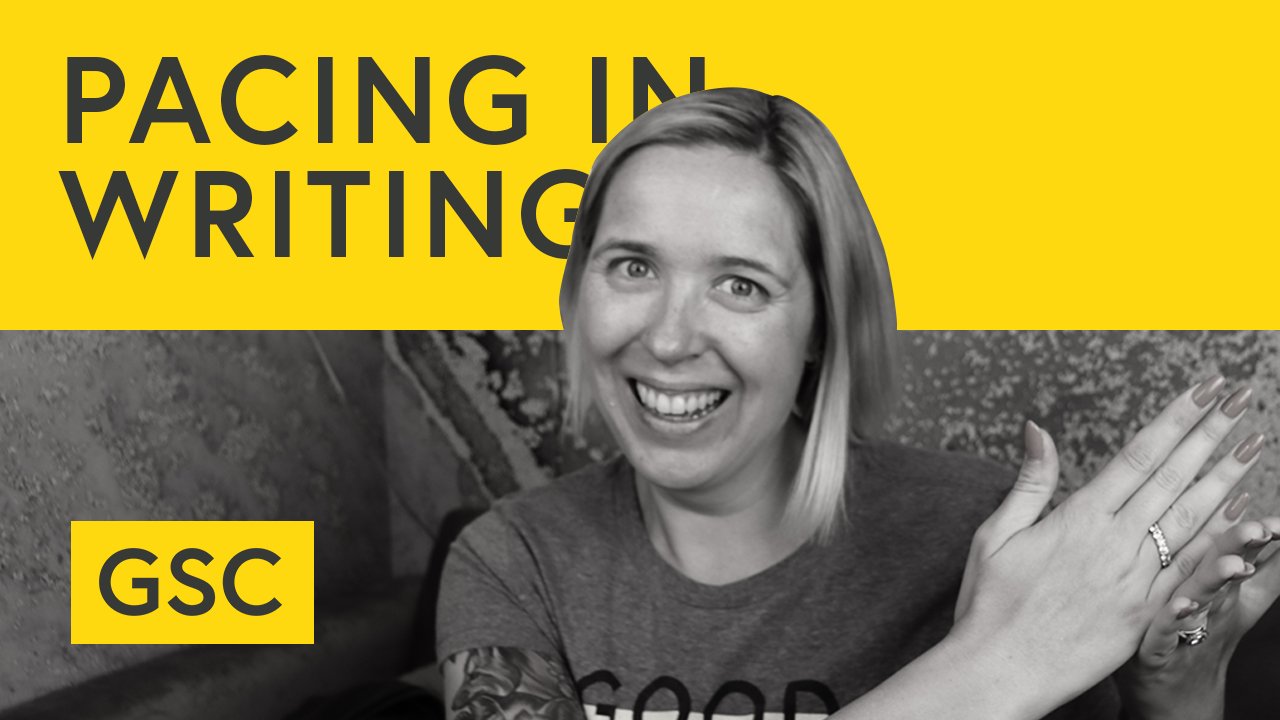
Pacing in Writing
Pacing is the engine that keeps that story going and keeps your reader's interest level high. One of the most important things that I teach when it comes to pacing with writing is the balance of action and the information. Information is dense. It moves slowly. Action is fast. It moves quickly. It has nothing to do with page count, but everything to do with the balance of what's in those pages.

Creative Nonfiction
Nonfiction gets a bad rap for being dry and dull, but it doesn’t have to be. Many of the same liberties can be taken in creative nonfiction as in fiction. If you have something important to share with the world from your own life, this may be your category. Some literary flair can amp up your story and make it more approachable to your readers.
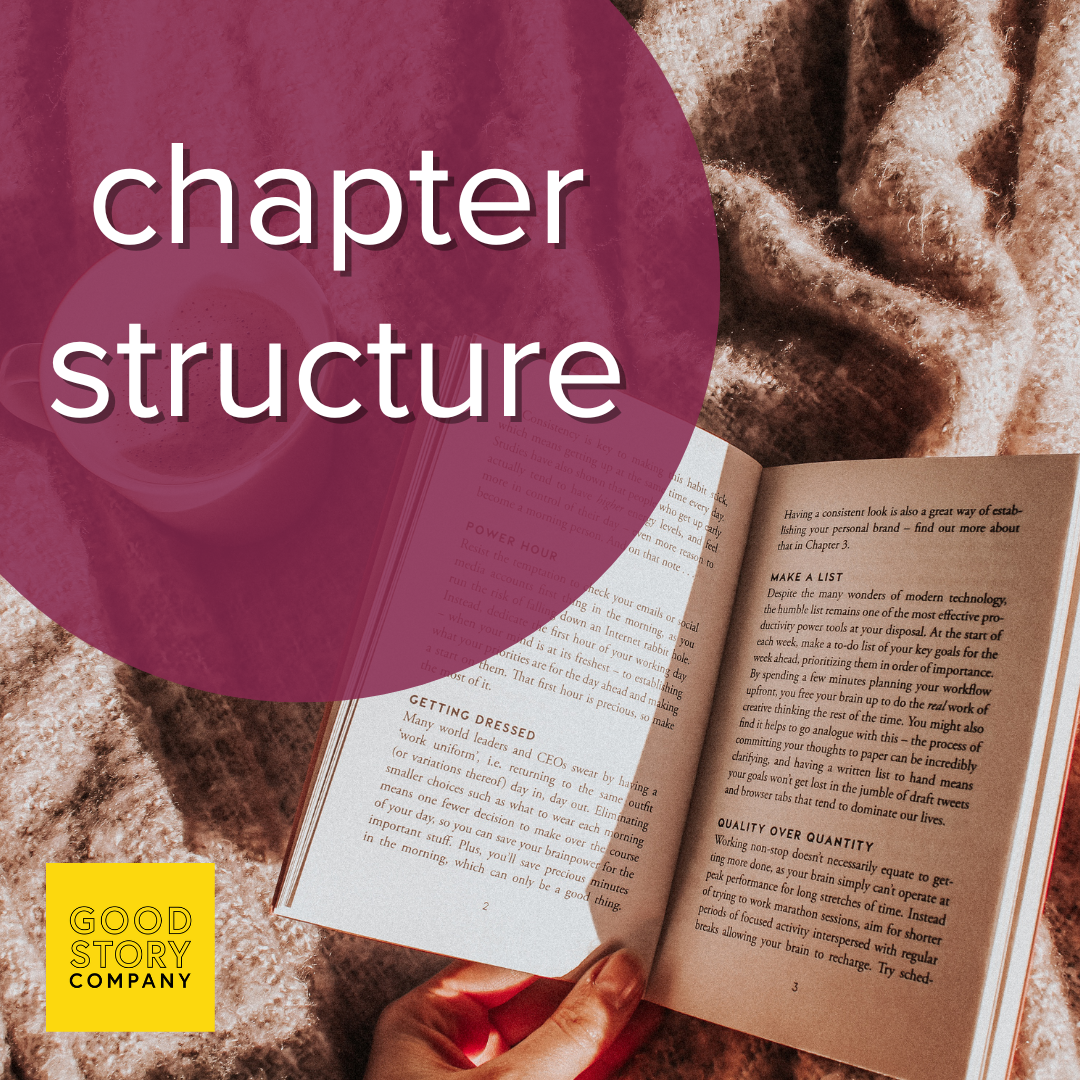
How To Be More Intentional With Chapter Structure
Chapter structure, like plot structure, is key to achieving a believable and engaging narrative. Here’s how to make sure your chapters are complete and doing as much work for you and your story as possible.
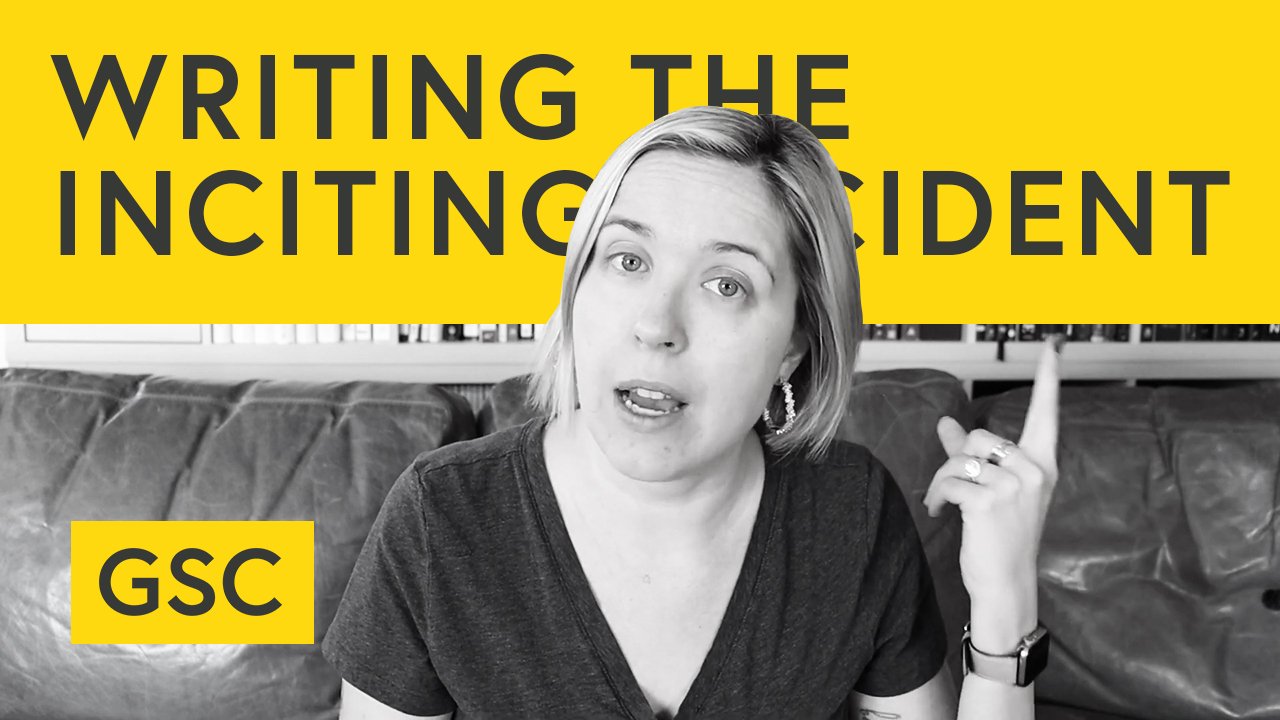
Writing the Inciting Incident
If you're curious about writing the inciting incident, and how this applies to your novel, picture book, or story, check out this class.
